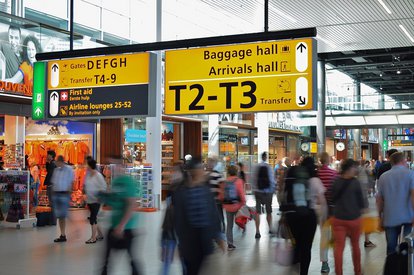
MOHW boosts readiness for Coronavirus
Jan. 27, 2020
The Ministry of Health and Wellness has begun the sensitisation of key stakeholders, as it seeks to ensure optimised operational readiness for the novel coronavirus.
Coronaviruses are a large family of viruses known to cause illness ranging from the common cold to more severe diseases, such as Middle East Respiratory Syndrome (MERS) and Severe Acute Respiratory Syndrome (SARS).
This coronavirus (CoV) is a new strain of coronavirus that has not been previously identified in humans. Common signs include respiratory symptoms, fever, cough, shortness of breath, and breathing difficulties. More severe infections can cause pneumonia, kidney failure and even death.
Travelers to Jamaica can also expect vigilant airport screening – from thermal scanning to data collection of appropriate travel history, signs and symptoms of respiratory illness, and any history of contact with a confirmed case or anyone having fever and respiratory symptoms.
Any suspected case of this novel coronavirus – whether identified at the island’s ports of entry or health facilities – will trigger a cascade of activities, including notification of the various levels of the health system and preparation of receiving facilities, as well as the mobilisation of required resources.
On treatment for this novel coronavirus, Acting Chief Medical Officer Dr Karen Webster-Kerr said: “There is no specific treatment for disease caused by a novel coronavirus. However, many of the symptoms can be treated and therefore treatment is based on the patient’s clinical condition. Moreover, supportive care for infected persons can be highly effective. The supportive care is similar to that for influenza.”
Members of the public are advised to take precaution against becoming ill by avoiding close contact with people suffering from acute respiratory infections; and frequently washing hands, especially after direct contact with ill persons or their environment.
Persons with symptoms of acute respiratory infection should also practice correct cough etiquette, that is, maintain distance from others, cover coughs and sneezes with disposable tissues or clothing, and also frequently wash hands.